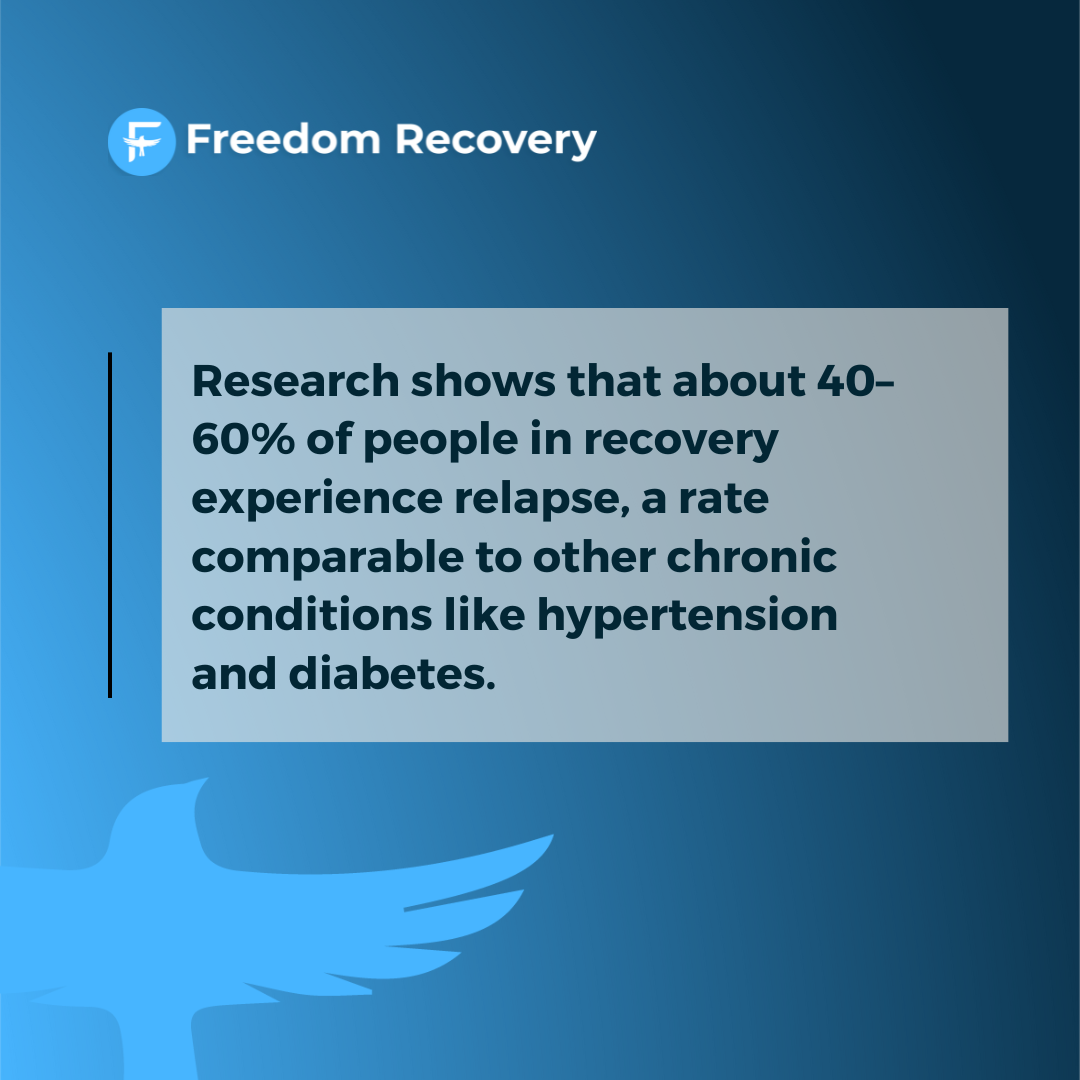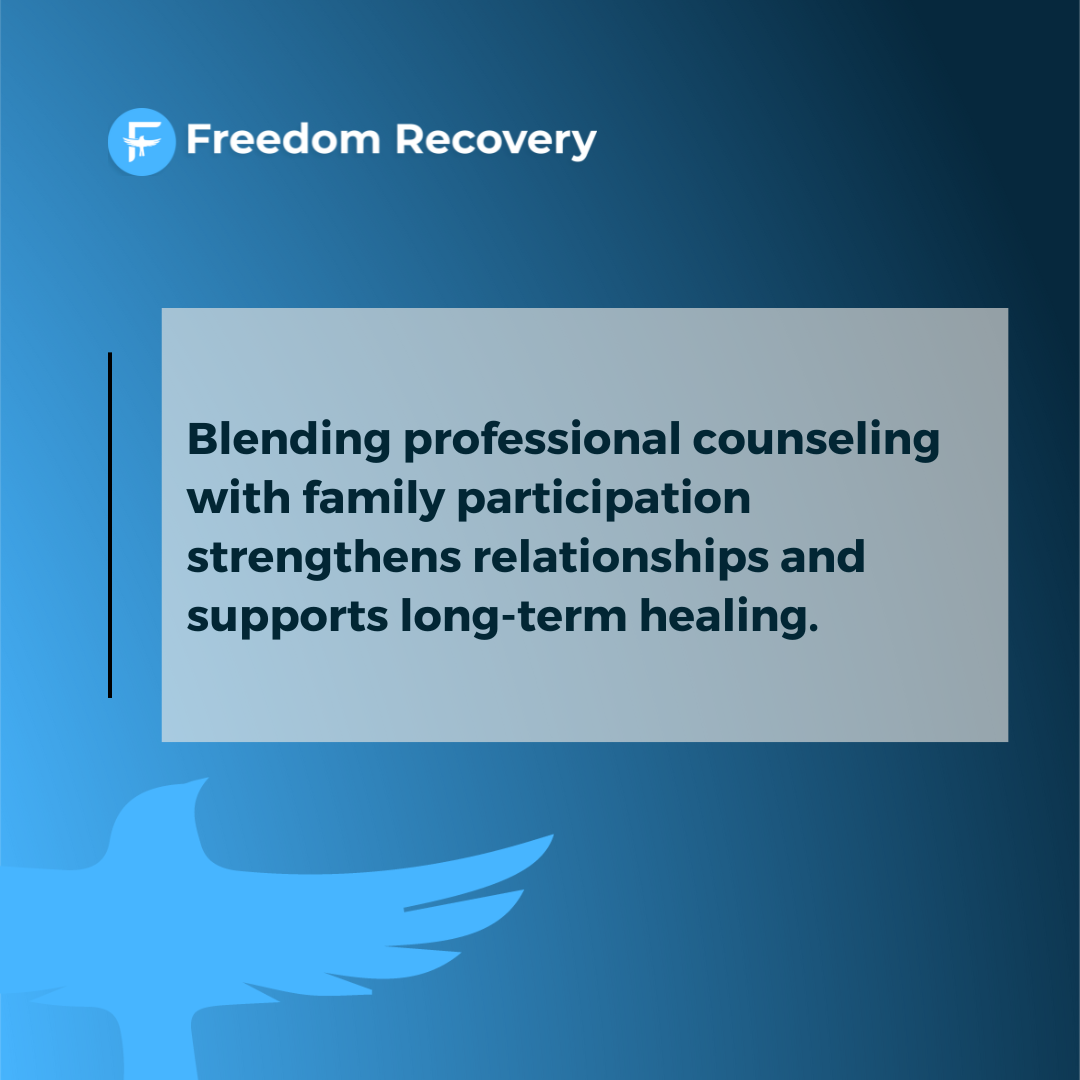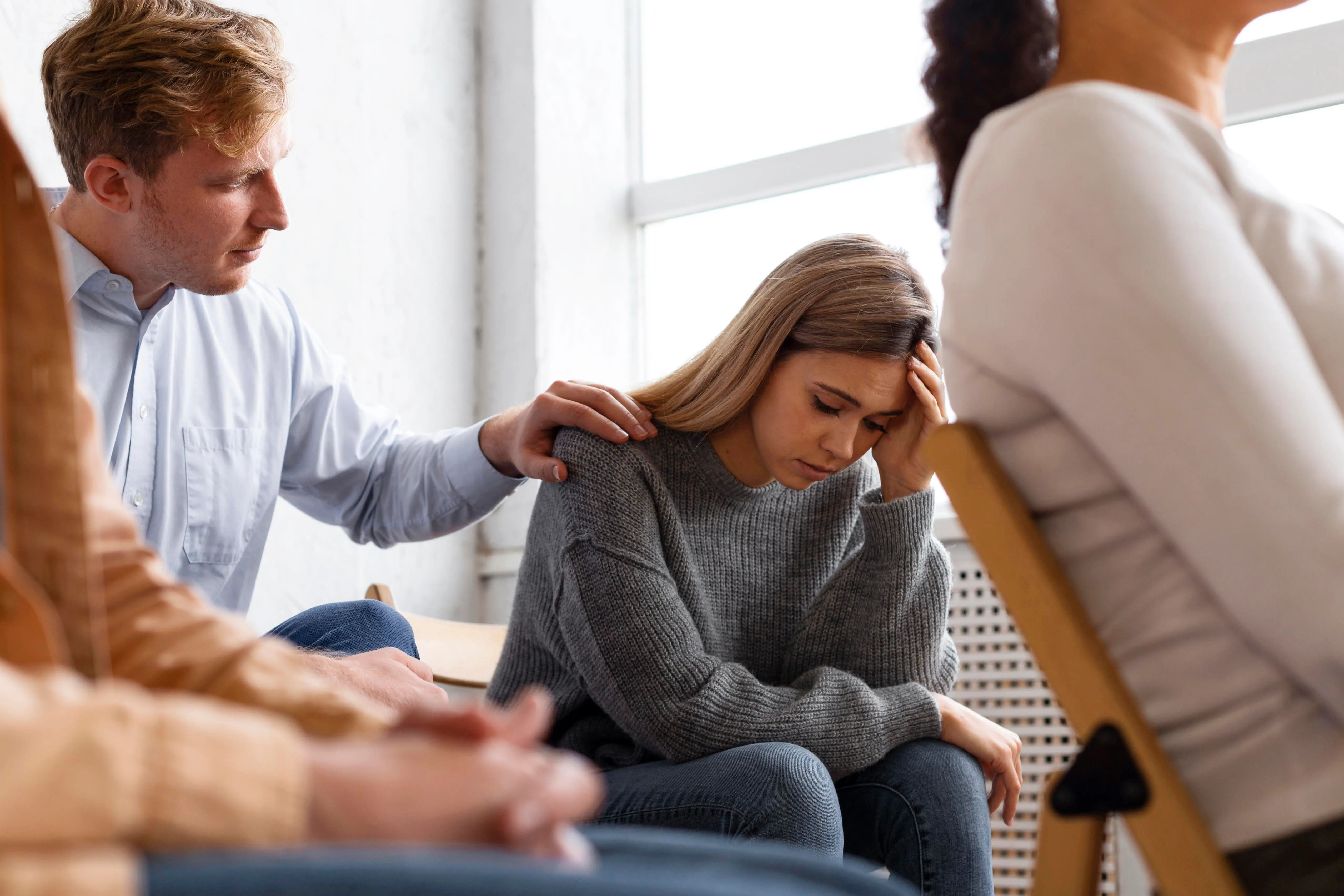

Have you noticed old habits creeping back into a loved one’s life while they’re recovering from addiction? This is a situation you shouldn’t brush off. In fact, recognizing the early signs of relapse is the key to supporting any family member in recovery and helping them stay on the path to healing.
Drug rehab Idaho centers provide guidance and treatment when relapse becomes a real concern. This article will help you spot the common signs of relapse, learn when to seek professional help, and explore the options available to support your loved one before things spiral.

First, what is relapse?
Relapse happens when someone in recovery starts using substances again — either after weeks, months, or even years of sobriety. And while it can feel like a major setback, relapse is actually a common part of recovery for many. Research shows that about 40–60% of people in recovery experience relapse, a rate comparable to other chronic conditions like hypertension and diabetes.
Relapse isn't always the same. For instance, it might show up as a one-time slip or a full return to regular use. What matters most is recognizing it early and responding with the right level of support. That could mean stepping up outpatient care, or in some cases, turning to more structured help like inpatient rehab Idaho to reset the path toward recovery.
Now, how do you spot relapse in a loved one?
When you're doing your best to support someone in recovery, those subtle shifts in their behavior or mood can be early red flags. If those shifts bring back old memories of life before sobriety, it might be time to explore drug rehab Idaho options.
Here are the major signs to watch for:
Behavioral shifts can be some of the first signs to show up. You might notice increased secrecy. Perhaps they're quieter about their plans, texting late at night, or closing off parts of their life they’d previously let you into.
Withdrawal from family activities or social gatherings is another red flag. They might make excuses, leave events early, or claim they’re "just tired" when it feels like something more.
Relapse often leaves physical clues. Bloodshot or glazed eyes, changes in pupil size, and frequent nosebleeds (common in some drug relapses) are all causes for concern.
You might also see changes in sleep patterns: either not sleeping enough or sleeping too much. Sudden shifts in appetite, unexplained weight changes, or ignoring basic hygiene are also common signs that something deeper may be happening.
Recovery is quite an emotional journey, and relapse can stir up unresolved feelings.
Increased irritability, sadness, or emotional volatility can surface seemingly out of nowhere. Your loved one could snap at small things, cry more often, or express feelings of hopelessness. Note that these aren’t just “bad days.” These are changes that reflect internal struggles that need attention.
One of the clearest signs of possible relapse is a return to environments or people strongly tied to past substance use. Visiting old hangouts, reconnecting with old friends involved in drug or alcohol use, or falling back into “just one drink” thinking can all signal a downward shift.

If the abovementioned warning signs don’t just show up once or twice, but start forming a pattern, it’s time to take action.
Always remember that relapse isn’t always something a person can navigate alone, and that’s where programs designed and implemented by professionals come in. These programs offer structure and accountability during a vulnerable time when home life may not provide enough support.
Persistent behavioral changes, physical deterioration, or emotional instability often point to the need for more than just good intentions. The key is this: The sooner you intervene, the better the chances of regaining control and breaking the relapse cycle.
Once you’ve recognized that relapse is happening and help is needed, knowing what options are out there makes taking the next step a lot more manageable. Here are several effective treatment routes to consider:

While helping a loved one is essential, it’s important to remember that you can’t pour from an empty cup. As any reputable drug rehab Idaho center would reiterate, supporting someone through relapse doesn’t mean ignoring your own needs. At the end of the day, it’s all about finding a balance.
You can attain that balance by setting healthy boundaries. Here are some tips on how to do it:

Catching relapse early can spare your loved one from deeper struggles and maybe even save their life. Relapse doesn’t erase all the progress they’ve made, but it does mean it’s time to take action.
Professional resources like drug rehab Idaho programs offer compassionate care, therapy, and a community that knows what lasting recovery really requires. If you’re feeling unsure about what to do next, start by talking to someone who understands the process.
Freedom Recovery is one such resource, and we’re here to guide you without judgment. Keep in mind: You're not alone. And neither are they. Reach out today!

Learn about the ways substance abuse can affect your productivity and how to overcome them.

Discover the common emotional triggers that can lead to addiction and learn strategies to overcome them.

Learn how Medicaid drug rehab centers make quality addiction treatment accessible. Discover what services are covered and how to find the right program.